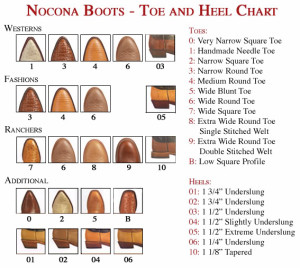 Make yourself number one! Keep in mind that when you are happy and taken care of, you are able to do much more efficient and focused work. Not to mention warding off the temptation to feast on the chocolates at your neighbor’s desk or the donuts in the break room. The ideas shared by Danielle, a contributor to apartmenttherapy.com, in her article, Be Happier at Work: Try This Simple Desk Update Today make sense. Who doesn’t enjoy drinks and delicious snacks at his/her fingertips, as well as a little beauty added to the space?
Make yourself number one! Keep in mind that when you are happy and taken care of, you are able to do much more efficient and focused work. Not to mention warding off the temptation to feast on the chocolates at your neighbor’s desk or the donuts in the break room. The ideas shared by Danielle, a contributor to apartmenttherapy.com, in her article, Be Happier at Work: Try This Simple Desk Update Today make sense. Who doesn’t enjoy drinks and delicious snacks at his/her fingertips, as well as a little beauty added to the space?
Shall we give this a try?
Tell us your experiences in the comments section and we’ll share ours too. Now, get to work!








